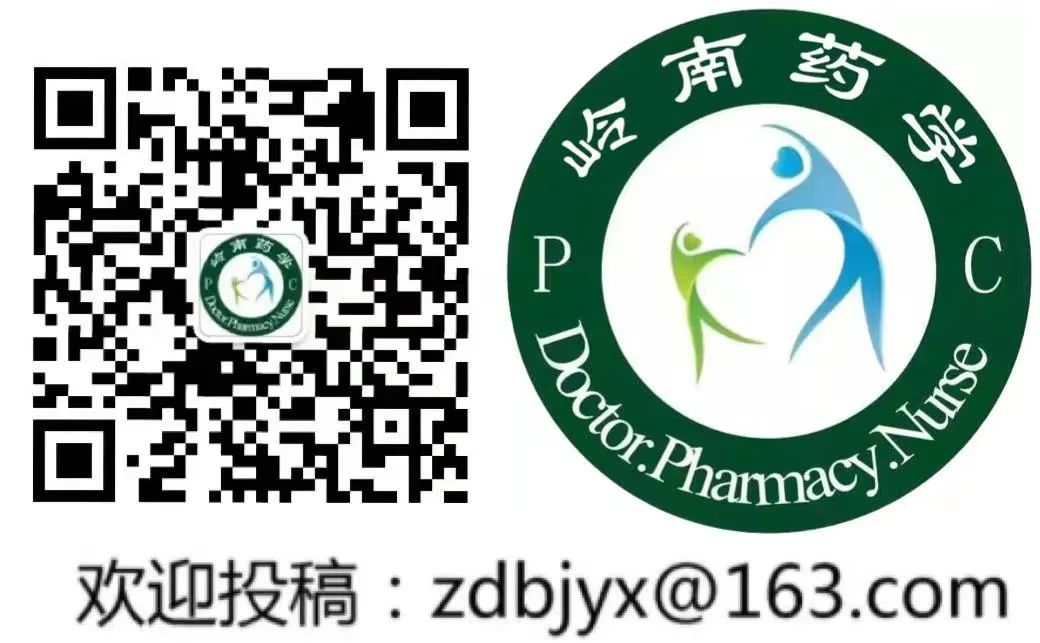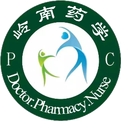

Traditional Chinese Medicine (TCM) is a national treasure of China, with a history of application spanning thousands of years. Among its various forms, decoctions are one of the most common and long-used traditional preparations. Do you know the details regarding the consumption of TCM decoctions, such as the temperature of the medicine, the timing of administration, and dietary restrictions? Today, I will share some insights.
Temperature of Administration
Warm Administration: Generally, decoctions are best taken warm. On one hand, warm consumption can alleviate certain adverse reactions of some herbs, such as reducing gastrointestinal irritation caused by Guo Lou (Trichosanthes fruit), Ru Xiang (Frankincense), and Mo Yao (Myrrh). On the other hand, cold substances are considered Yin in TCM, while the stomach Qi is Yang; thus, cold consumption can further damage the stomach Yang, which is usually weak.
Cold Administration: Decoctions that are hemostatic, astringent, heat-clearing, detoxifying, or summer-heat dispelling should be taken cold. Taking detoxifying herbs warm can easily increase the spread of toxins, hence they should be consumed cold.
Hot Administration: Decoctions that regulate Qi, invigorate blood, resolve stasis, or release the exterior and tonify should be taken hot. Spicy and warm exterior-releasing herbs taken hot can enhance their dispersing properties. For example, Gui Zhi Tang (Cinnamon Twig Decoction) should be taken warm, and after taking the medicine, one should cover themselves warmly or consume hot congee to assist sweating and enhance efficacy.
 Timing of Administration
Timing of Administration
According to TCM theory, human activities follow a strong temporal pattern. The Suwen (Plain Questions) states: “At dawn, human Qi is born; at noon, Yang Qi is at its peak; and in the evening, Yang Qi has already diminished.” Therefore, different diseases and different formulas should be taken at different times.
Decoctions to be Taken Before Meals: Taking them before meals allows the medicinal properties to accumulate in the abdomen and gradually take effect. For diseases located below the chest and abdomen, such as those affecting the stomach, liver, or kidneys, they should be taken before meals; digestive tonics should be taken half an hour before meals, such as Da Shan Zha Wan (Big Hawthorn Pill) and Bao He Wan (Preserve Harmony Pill).
Decoctions to be Taken After Meals: For diseases located above the chest, such as dizziness, headaches, eye diseases, and throat pain; and for herbs that are irritating to the gastrointestinal tract, such as blood-invigorating and stasis-resolving herbs.
Decoctions to be Taken on an Empty Stomach: Laxative herbs should be taken on an empty stomach to allow direct action on the intestines, facilitating excretion; tonifying herbs should be taken on an empty stomach in the morning or before bed; and anthelmintic herbs are more effective when taken on an empty stomach.
Decoctions to be Taken Before Sleep: Calming herbs, such as Zhu Sha An Shen Wan (Cinnabar Calming Pill) and Suan Zao Ren Tang (Sour Jujube Decoction).
Decoctions to be Taken Before Disease Onset: Antimalarial herbs should be taken three to five hours before an attack; asthma-relieving herbs should be taken two hours before an attack.
Determine the timing of administration based on the condition: for acute diseases, vomiting, or convulsions, decoctions can be taken at irregular intervals; for chronic diseases, pills, powders, pastes, or tinctures should be taken at regular intervals.
 Dietary Restrictions
Dietary Restrictions
Dietary restrictions during the consumption of TCM refer to the avoidance of certain foods while taking medicine, also known as food taboos.
The Bencao Jing Jizhu (Compendium of Materia Medica) states: “While taking medicine, one should avoid excessive consumption of raw coriander and garlic, chicken, raw vegetables, as well as slippery fruits and fatty meats, oily and greasy soups, fish, and strong-smelling foods.” This indicates that during medication, one should generally avoid raw, cold, greasy, and irritating foods. Additionally, dietary restrictions may vary based on different conditions.
For Heat Syndromes: Spicy and hot foods are mostly warming and can consume Qi and generate fire; thus, when treating heat syndromes such as abscesses and toxic sores, one should avoid spicy, greasy, and fried foods.
For Cold Syndromes: Raw and cold foods are mostly cooling and difficult to digest, and can easily irritate the gastrointestinal tract, affecting the absorption of medicine; thus, when treating cold syndromes, one should avoid raw and cold foods and cooling beverages.
For Hypertension, Coronary Heart Disease, and Spleen-Stomach Deficiency: Greasy foods are sticky and can promote dampness and phlegm, making them hard to digest and absorb. During the consumption of TCM, if one eats greasy foods, it will inevitably affect the absorption of the medicine, so one should avoid animal fats and other greasy substances.
For Liver Yang Rising, Dizziness, Irritability: One should avoid foods that are spicy and warming, such as pepper, chili, garlic, and white liquor.
For Kidney Disease with Edema: One should avoid excessive salt, alkaline, and overly sour and spicy foods.
For Allergic Rhinitis, Eczema, and Other Allergic Dermatitis: During the consumption of TCM, one should avoid fish, shrimp, turtle, and other strong-smelling foods, and also limit chicken, lamb, and goose, as these can trigger allergies due to their foreign proteins, which some patients are particularly sensitive to, worsening their condition.

 END
END
References
[1] Mei Quanxi, Cao Junling. Clinical Pharmacy of Traditional Chinese Medicine [M]. People’s Health Publishing House, 2013: 75-76, 180-182.
Author: Yang Xiaoyan, Nanhai District People’s Hospital, Guangdong Pharmaceutical Association
Editor: Luo Xiaoying, Shenshan Central Hospital, Sun Yat-sen Memorial Hospital, Sun Yat-sen University, Guangdong Pharmaceutical Association




